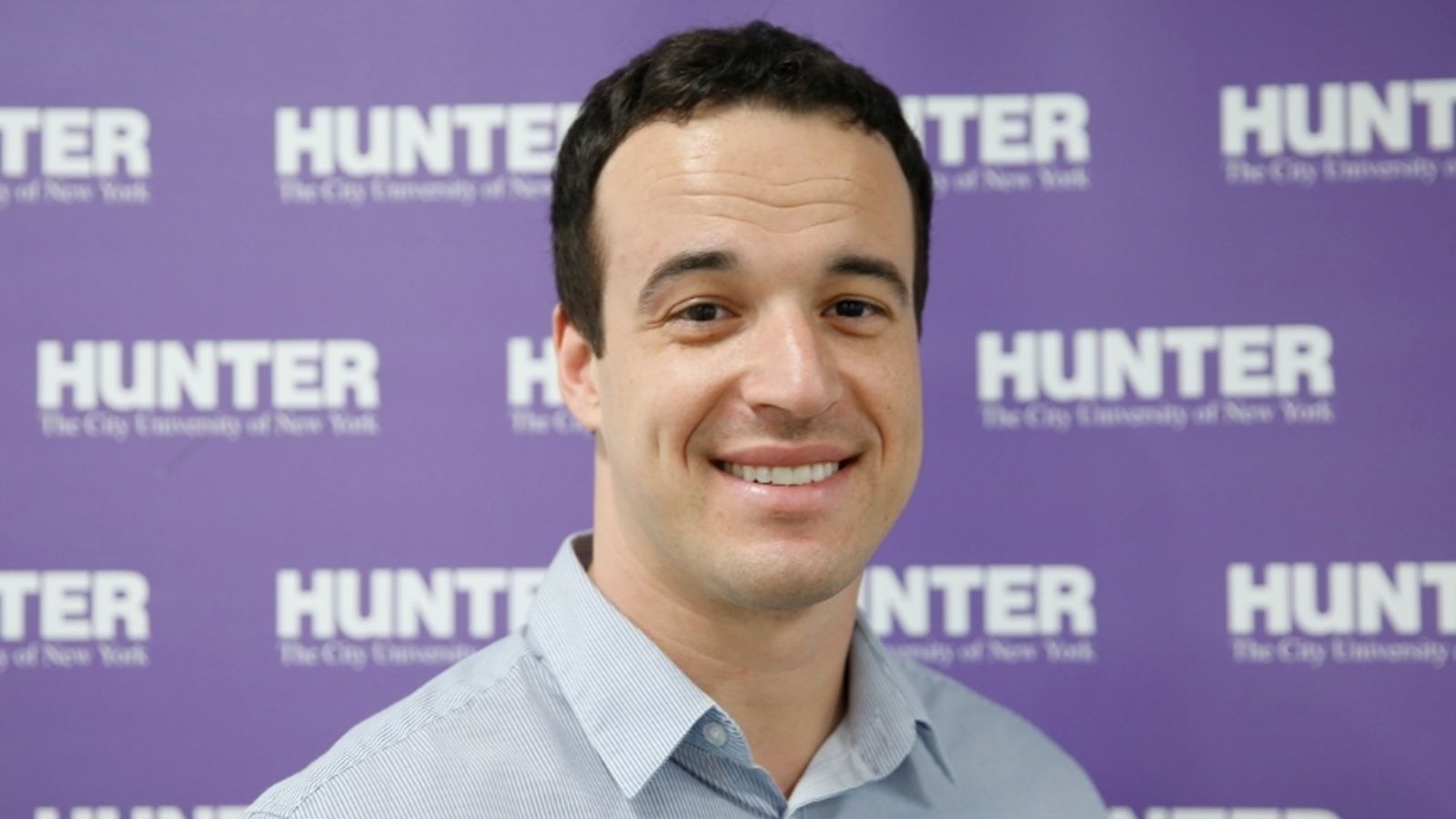Dr. Samuel Urlacher of the Department of Anthropology has published a new study in Proceedings of the National Academy of the Sciences of the United States of America (PNAS), a prestigious journal that focuses on high-quality research from around the world, subject to rigorous peer review. Dr. Urlacher’s study, “Tradeoffs between immune function and childhood growth among Amazonian forager-horticulturalists”, details his innovative work among the Shuar, an indigenous population in remote Ecuador with whom Dr. Urlacher has worked extensively since 2011.
Along with a team of other researchers, which included Hunter Professor Herman Pontzer, as well as scientists from Harvard, the University of Oregon, Northern Arizona University, and the University of Colorado, Dr. Urlacher carefully tracked the growth of 261 children ages 4-11 and investigated how growth was impacted by biomarkers of immune function and body fat. This population consumes a low nutrient-density diet, and calories are precious. At the same time, they are subject to high rates of infection and parasitic disease, especially during vital growth and development periods. By tracking the relationship between childhood immune activity and growth rates, Dr. Urlacher and his team found a strong connection between higher reserves of body fat and children's ability to maintain growth while mounting an immune response. Children with less body fat, however, showed significant declines in growth when experiencing acute inflammatory immune activity. This finding indicates that children who have low body fat—limited energy reserve—are less able to support growth while also meeting the demands of a costly immune response to infection.
Even low levels of immune activity typically without overt symptoms of infection can significantly stunt growth, the study finds. A child does not even need to be symptomatic—or outwardly “sick”—in order for their growth to be compromised over timespans that vary from as little as one week to over an entire year. “This suggests that child growth is much more acutely sensitive to immune challenge than typically recognized,” Dr. Urlacher says. Also surprising is the amount of body fat necessary to buffer the growth-impeding effects of immune activity. “We found that even modest levels of body fat moderate the relationship between immune function and subsequent growth, highlighting the physiological and energetic underpinnings of this relationship. We are among the first to do this with humans, and it's particularly exciting to demonstrate this effect for inflammation that is thought to be a primary factor underlying child growth faltering, later life obesity and poor metabolic health.”
This tradeoff between growth and immune function is an intriguing revelation about the biological mechanisms that have shaped human evolution and patterns of life history. As we deepen our understanding of nutrition, energy expenditure, and the nature of our species’ unique childhood life stage, we can use these new insights to inform health policy among vulnerable populations and to contextualize the evolutionary mechanisms that have led to urban problems of sedentariness, obesity, and chronic disease. Dr. Urlacher’s longstanding relationship with the Shuar—he has spent 20 months living with them—provides him access to a rare longitudinal dataset. Looking ahead to further study and analysis, there is huge potential for understanding the evolutionary mechanisms that shape human health and fitness.


